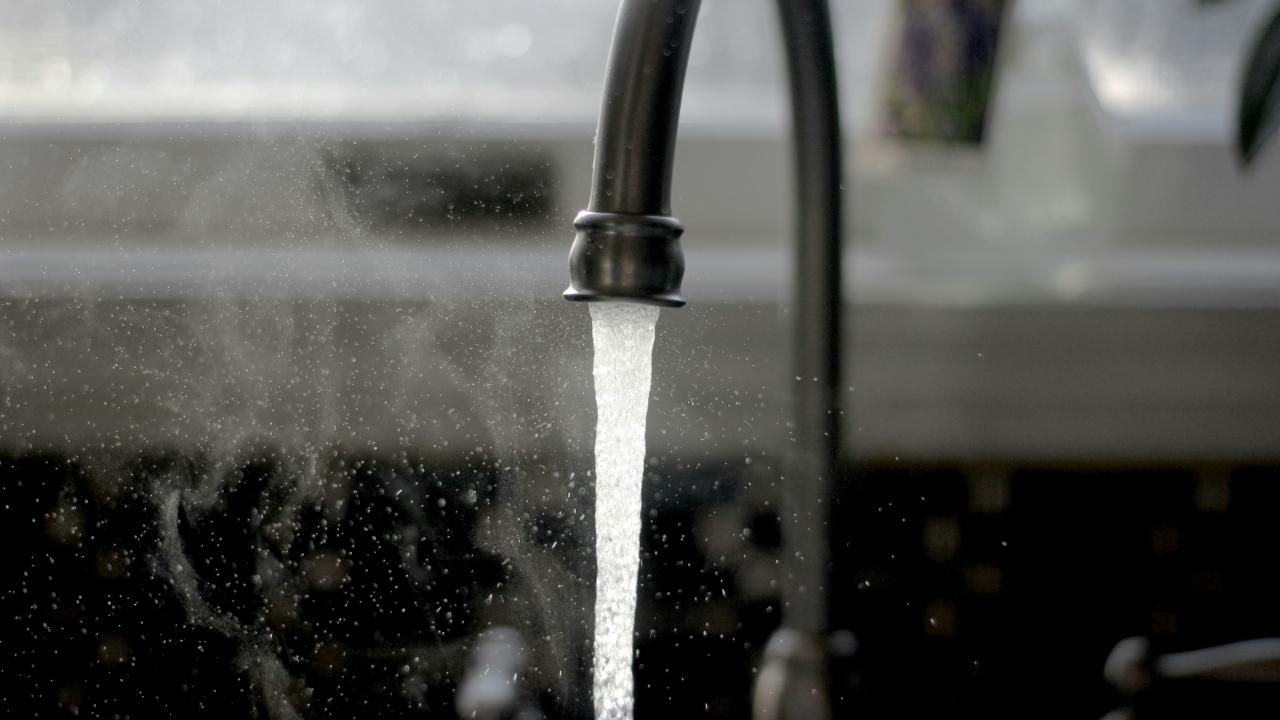Councils to benefit as Tasmanians brace for water bill shock

The state’s councils are set to receive higher dividends from TasWater despite water bills for households potentially spiking by almost 40 per cent over the next four years.
TasWater’s price and service plan, which it lodged with the Tasmanian Economic Regulator, proposed annual increases of 8.8 per cent between 2026 and 2030.
The organisation’s general manager of customer and community, Matt Balfe, said the extra revenue would be used to upgrade the state’s ageing infrastructure.
Last financial year TasWater paid $24 million in dividend payments to the state’s 29 councils.
That amount is increasing to $26 million in the current fiscal year and will rise to $30 million from July 2027.
The new dividend payments, which are set to be in place until 2030, are subject to approval by the TasWater board.
“We are committed to paying responsible dividends to our owners, who in turn reinvest that money into their local communities,” Mr Balfe said.
“The calculation of dividends is a separate process from putting together our Price and Service Plan submission.
“The amount of dividends paid represents a very small proportion of our overall costs.”
Regarding the potential price rises for households, Mr Balfe said TasWater would assist those with lower incomes.
“We understand that these price rises won’t be popular but they are the right thing to do for Tasmania now and into the future.
“We are decreasing the cost of the fixed component of the bill, so if you use less water you’ll pay less.
“We’re also bolstering our support service, TasWater Assist, to the tune of $2.4 million over four years to make sure no Tasmanians are left behind.”
Mr Balfe said the organisation considered several different scenarios before releasing its price and service plan.
“We believe this is the most responsible plan to protect Tasmania’s water future while being fair to customers, both today and tomorrow.
“This is the least cost to the community in the long term.”
Tasmanian Council of Social Services CEO Adrienne Picone said that the price increases were a significant blow to households already struggling under a cost-of-living crisis.
"Significant increases in the price of water and sewerage services could contribute to higher rents and water costs for private rental tenants, whose landlords have the option to pass on the increased costs,” Ms Picone said.
"We know those who are struggling the most are already rationing and trading off the basics — going without food, medication and energy to pay their bills or turning to predatory payday lenders to try to make ends meet."




Add new comment